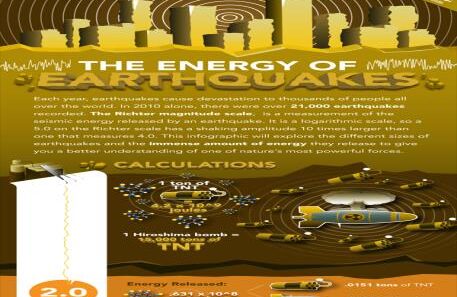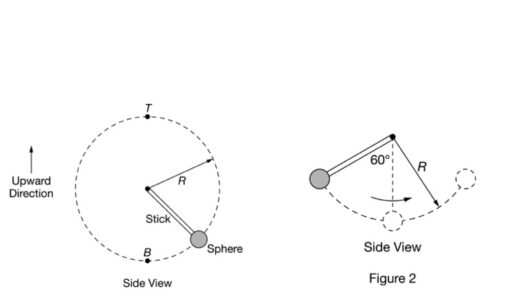Conservation of energy is a pressing concern for our planet, and intriguingly, the concept resonates with ancient texts, including the Bible. This intersection of spiritual guidance and modern scientific principles provides a unique perspective on how we might approach sustainability in our daily lives. Have you ever pondered how the age-old wisdom contained in sacred texts can inform contemporary issues like energy conservation? This exploration reveals that the Bible not only addresses spiritual matters but also offers profound insights that parallel current scientific understanding.
To delve into this topic, one must first understand the scriptural principles that emphasize stewardship of the Earth and its resources. In Genesis, the account of creation illustrates humans being entrusted with the responsibility to care for the world. This divine mandate signifies a delicate balance between utilization and preservation. If we are stewards, then how do we embody that role in an age characterized by rampant consumerism and energy consumption?
Throughout Scripture, there are various verses that highlight the importance of diligent stewardship. For instance, Proverbs 12:10 states, “A righteous man cares for the needs of his animal, but the kindest acts of the wicked are cruel.” This verse implies a broader duty to be compassionate towards all living things, indirectly supporting the notion that our energy consumption must consider its effects on the environment surrounding us. The challenge lies in translating this compassion into actionable measures for energy conservation.
Energy conservation can be viewed through the lens of moderation, a principle echoed in many biblical passages. 1 Timothy 6:6-8 emphasizes contentment with what one has and warns against the desire for excess. “But godliness with contentment is great gain. For we brought nothing into the world, and we can take nothing out of it.” This sentiment indirectly encourages individuals to recognize the temporary nature of material possessions and the accompanying energy costs associated with their production and consumption.
Moreover, there is an inherent wisdom in the spherical nature of energy itself. In modern science, we understand energy transformation and the conservation of energy laws. The concept of energy transformation, likened to the teachings of Ecclesiastes (3:1), which states “There is a time for everything, and a season for every activity under the heavens,” could be interpreted as a call for us to evaluate the temporal demands we place on energy resources. Humans, much like ecosystems, must learn to harvest energy in harmony with natural cycles rather than in discord. This perspective not only aligns with environmental sustainability but also nurtures spiritual growth.
Furthermore, the Bible’s emphasis on community and collective well-being reinforces the need for energy conservation. Acts 4:32 highlights the unity among believers, stating, “All the believers were one in heart and mind.” This call for unity suggests that sustainable practices should be embraced collectively—particularly in the context of energy-efficient solutions that benefit communities as a whole. Collaborative endeavors in local communities to reduce energy usage can leverage shared resources and foster a sense of collective stewardship.
The challenge is multifaceted: How can individuals transition from theoretical understanding to practical application? This is where actionable insights gleaned from both science and scripture can illuminate pathways toward energy conservation. One approach involves embracing renewable energy sources, such as solar and wind power. In doing so, we adhere to the biblical principle of multiplicative greatness as seen in the parable of the talents (Matthew 25:14-30). Investing in renewable energy signifies not only wise stewardship but also an opportunity to enhance community resilience—a practical application of spiritual wisdom.
Technology plays a significant role in facilitating energy conservation. The biblical narrative encourages the pursuit of wisdom and knowledge (Proverbs 4:7). Today, leveraging advancements like smart home technology can enhance energy efficiency, reduce waste, and integrate sustainable living practices into daily routines. By tapping into available resources wisely, we reflect the essence of living in harmony with creation while meeting our energy needs.
Furthermore, education serves as a catalyst for change. Romans 12:2 instructs believers to renew their minds. Educating ourselves and others about the environmental impacts of energy consumption cultivates a consciousness oriented toward sustainability. This transformation fosters communal action that can yield substantial benefits, resembling the biblical contact of sowing seeds that yield a multiplied harvest (Mark 4:8).
Addressing the spiritual aspect of energy conservation provides another layer to this pursuit. Integrating mindfulness into everyday practices—whether through eco-spirituality, contemplation of nature, or gratitude for resources—aligns with the biblical encouragement to be connected to the Creator and His creation. Psalm 104 celebrates the interconnectedness of nature and encourages appreciation for the provider of all abundance.
In conclusion, the synthesis of biblical wisdom and current scientific understanding presents a robust framework for energy conservation. By heeding the call for stewardship, embracing the virtue of moderation, and fostering community collaboration, individuals can address contemporary energy challenges with purpose and intention. As you reflect on this convergence between faith and sustainability, consider: How can you incorporate these timeless lessons into your daily energy consumption practices? The opportunity lies within our grasp to make an impactful change that honors both the Earth and our spiritual calling.








